










 GABRIELLE TAN
GABRIELLE TAN
Hi everyone!
The 18th SAOTSC proudly presents the 18th SAOTSC Annual Newsletter. Here you will find a summary of the events that we have planned and executed through the academic year.




AY21/22 was a transitional year, with Covid-19 measures easing up which brought forth many new opportunities for us as a committee. It marked a shift towards inperson events and with it brought it's own set of new challenges, but I'm proud to say that we rose to the occasion as we navigated through holding a mix of both in person and online events.
This AY was also a marrying of the old and the new, as the year marked the return of historical events such as Soiree and saw the birth of new ones such as Movie Night. I would like to extend my heartfelt gratitude to the SAOT council, our advisors and faculty for your support through our term. Lastly, I would like to thank the student body for supporting us through our events. As the 19th SAOTSC steps up to the plate, I hope that you will continue to give them that same support.
Earlier this year, I shared at SAOT’s Annual General Meeting (AGM) the initiatives SC were keen on undertaking in ensuring the development of its student body. In elaboration, I also touched on the need to constantly review the functions of SC in ascertaining its relevance to our student members. Either through our homegrown events or via SC supported external ad-hoc ones, SC has prided itself in providing ample opportunities for students to develop beyond the field of academics. The past AY was no different. In meting out these provisions, I can say with conviction that in all things we did, the interest of our fellow student members were always in sight.





Aside from our commitment to the student body, SAOTSC also helms the responsibility in the representation of the Occupational Therapy Student Community in Singapore. I am proud to say that SAOTSC had the opportunity to represent Singapore at the 7th Asia Pacific Occupational Therapy Congress Student Forum 2021. The Student Forum was held virtually, where student representatives across 7 countries within the AsiaPacific region shared their experiences on their Student Committees’ operations amidst the pandemic. The exchange allowed us to understand and appreciate the struggles and strategies of our counterparts. Juxtaposing this to our profession, it is critical to understand the latest developments in Occupational Therapy internationally to ensure that we are always able to provide the best care for our clients.
Lastly, I would like to express my gratitude to all who have made our term a success. Thank you to the OT faculty for your continual support in SAOT SC’s operations. Special thanks to A/Prof Lim Hua Beng, A/Prof Tan Bhing Leet, and A/Prof Lim Sok Mui, May for your unwavering support in SAOT SC’s operations. To our advisors, Gabriel Kwek, Prof Yeh I-ling, and Millicent Poh, thank you for always guiding and nurturing us to become better individuals and leaders. Heartfelt gratitude also goes out to SIT administrative staff who have supported all our events over the academic year. And to you, yes you, the one reading, thank you for your support during our term. Thank you for being such an important factor in ensuring the success of SAOTSC. On behalf of my committee, it has been our privilege to serve and we hope to see you all around.




Since 2016, the Student Committee has found its footing and relevance in our profession’s educational transition to our very first full-degree programme here in SIT. However, a major disruption – Covid-19 – hit, and required the SAOTSC to creatively navigate both online and in-person events to cater to the constantly changing measures and uncertainties, while keeping to its objectives. I am sure these events were not only memorable because of the rapid change and incessant negotiations required, but also because of how we have all grown in adapting to these changes. Our personal and professional resilience are often built up through shared narratives of change (Smith 2006; Brown et al, 2020), and I have seen how the SC members have since developed increased professional confidence in newfound coping skills and adaptive strategies; made new supportive networks with fellow students and OTs from the industry; and experienced a renewed vigor in their understanding and value of our OT community as they journeyed towards becoming reflective, relationship-focused and quality healthcare professionals.




I hope that each of you will find your community here through SAOTSC, and develop meaningful relationships that will hopefully invigorate you as an OT in the future when you look back fondly together on the stories that you have crafted together –be it during interactions with practitioners on a learning journey; a volunteer outreach event at a Social Service Agency; as a facilitator for OT Day here in SIT; or as an attendee hearing about a case discussion at one of SAOT’s Special Interest Group events.








Brown, T., Yu, M. L., Hewitt, A. E., Isbel, S. T., Bevitt, T., & Etherington, J. (2020). Exploring the relationship between resilience and practice education placement success in occupational therapy students. Australian Occupational Therapy Journal, 67(1), 49–61. https://doi.org/10.1111/14401630.12622
Restall, G. J., & Egan, M. Y. (2021). Collaborative relationship-focused occupational therapy: Evolving Lexicon and Practice. Canadian Journal of Occupational Therapy, 88(3), 220–230. https://doi.org/10.1177/00084174211022889
Smith, G. (2006). The Casson Memorial Lecture 2006: Telling tales — how stories and narratives cocreate change. British Journal of Occupational Therapy, 69(7), 304–311. https://doi.org/10.1177/030802260606900702
I want to thank SAOTSC for the privilege to share some thoughts.



The uncertainty of COVID-19 safe management measures challenged SAOTSC in achieving its mission and activities. However, with care and consultation, the 18th SAOTSC ensured activities related to students’ professional development, promotion of Occupational Therapy, community service and student welfare were implemented. In particular, Soiree could finally again be unearthed, featuring talents from across the student body.
SAOTSC creates a common bond between the Occupational Therapy student community and the profession at large represented by SAOT. It is about having representation to SAOT as Occupational Therapy students. This includes the privilege of representatives of the student body, SAOTSC, attending SAOT Council Meetings. Being an SAOT student member is beyond being part of SIT but representing the Occupational Therapy student community to other international Occupational Therapy and other healthcare student communities. For example, SAOTSC proudly represented Singapore at the Asia Pacific Occupational Therapy Congress (AOPTC), hosted virtually by Philippines.
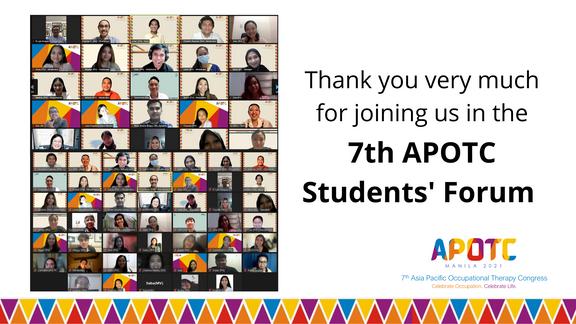


In Singapore we may not fully appreciate the importance of a student chapter of the association as we only have SIT offering Occupational Therapy. Hence, we can take reference from countries with established national associations like the United States and Australia where there are 156 and 46 Occupational Therapy educational programmes respectively. In US, each educational programme has their own Occupational Therapy student association. To ensure that American students understand national issues and be part of the professional voice, the American Occupational Therapy Association (AOTA) encourages student membership and therefore contribution to the management of the national association.




Think not of tangible membership benefits. Being a student member of SAOT, and eventually SAOT, is a small way of supporting the profession and acknowledging that you are part of the national and worldwide community of Occupational Therapists.
I feel the inculcation of this value of serving the profession starts during student days and upon graduation, joining the national association with aims to serve and support the profession, beyond alma mater and workplace. Therefore, I urge all SIT Occupational Therapy students to be a student member of SAOT, participate in SAOT and SAOTSC events and contribute when you can.
I want to thank the 18th SAOTSC for their service. Finally, I also want to express my gratitude to all Occupational Therapists, SIT staff and students who supported these events.


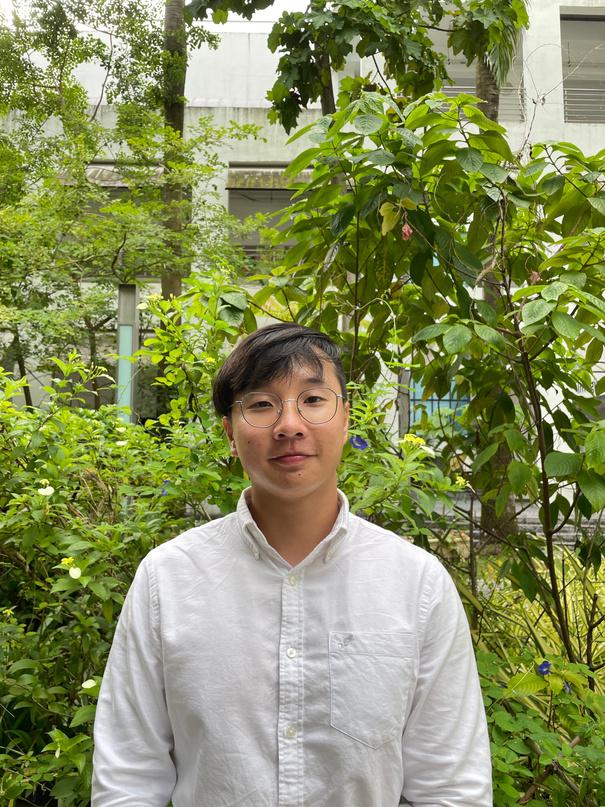
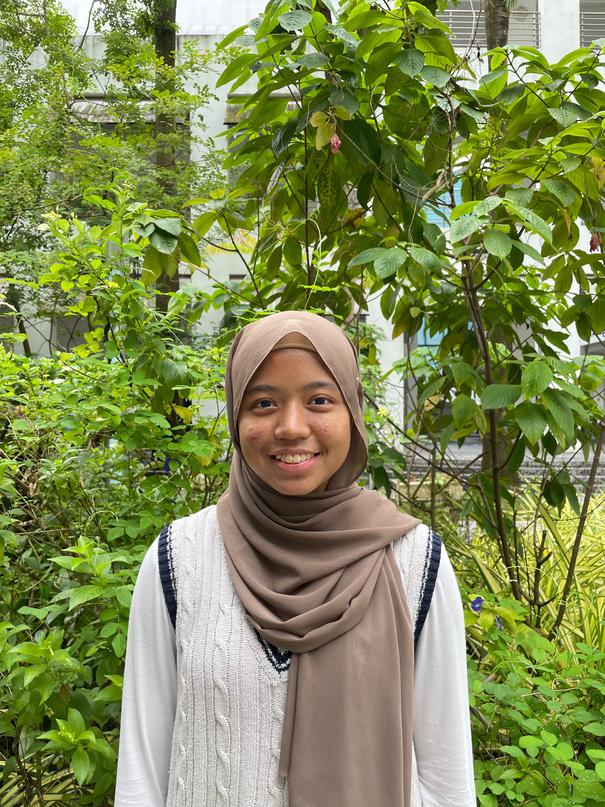


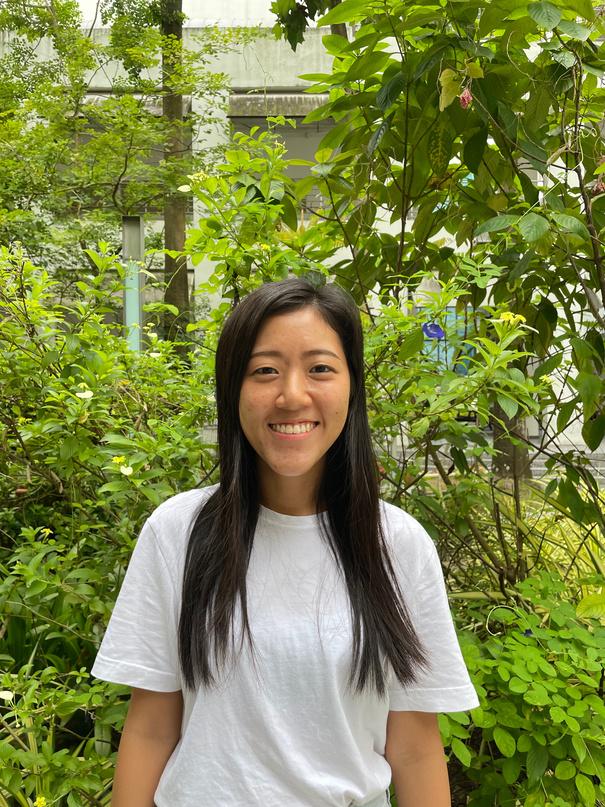






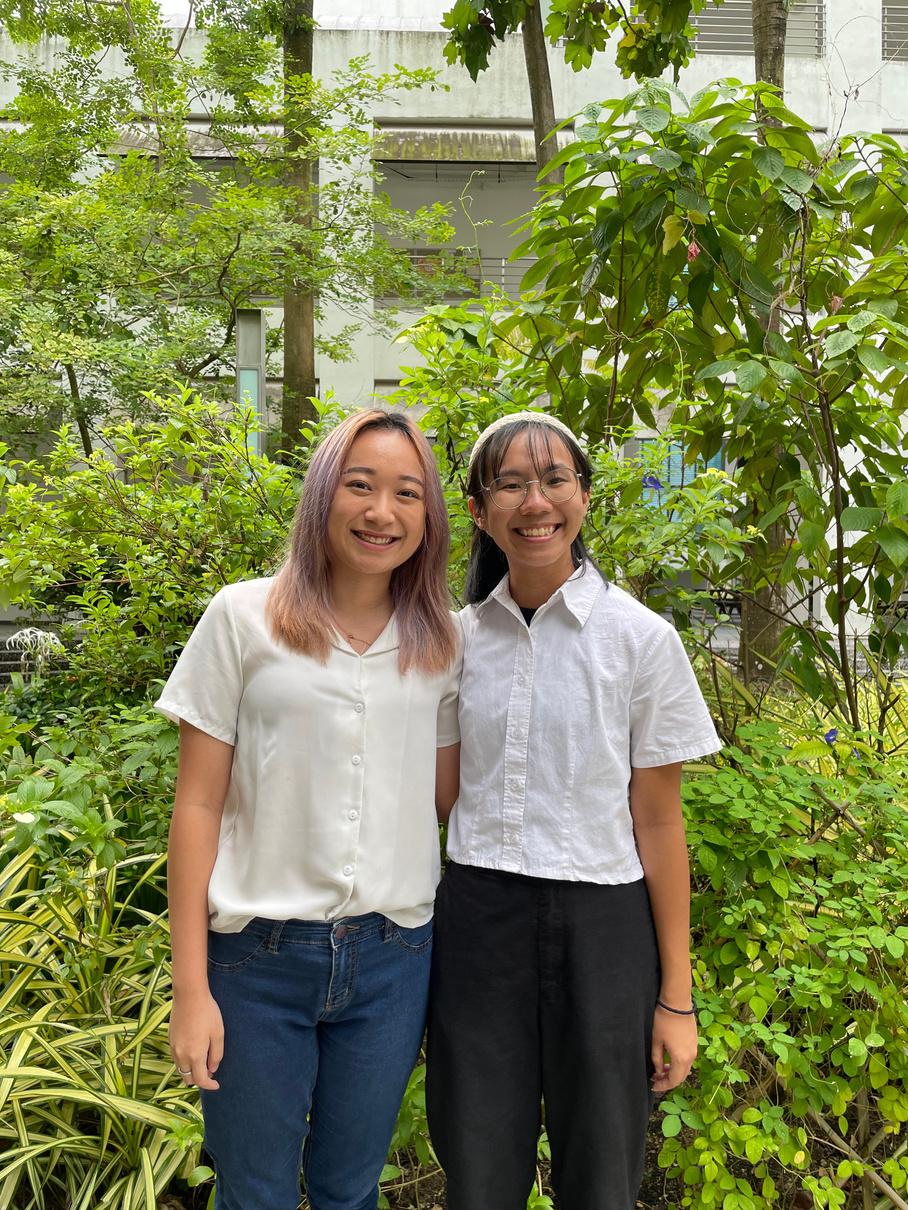


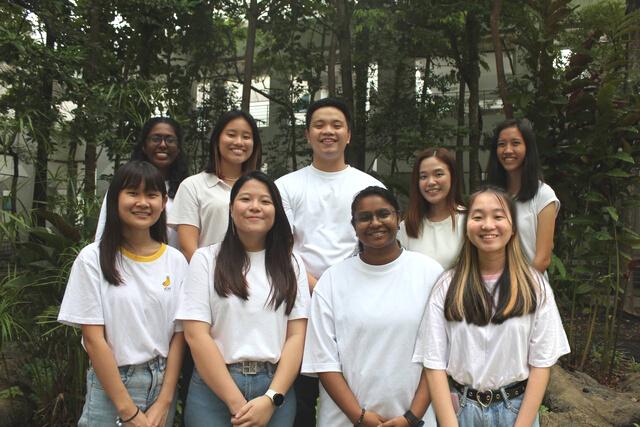





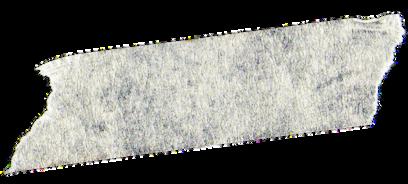


AGM
Here, we as the 18th SAOTSC, pledged to do our utmost in bringing the student body together, in spite of the pandemic and the uncertainties that came with it.






OT Day 2022 was an opportunity to bring about a greater awareness of the OT profession to SIT HSS students and celebrate it with SIT OT students and faculty alike
SAOTSC celebrated OT Day 2022 in two parts. The first being a week long Instagram challenge where we got to know what mattered to our peers across the different cohorts! The participants also got a chance to win various prizes from participating in the challenge :D 10-14 january 2022



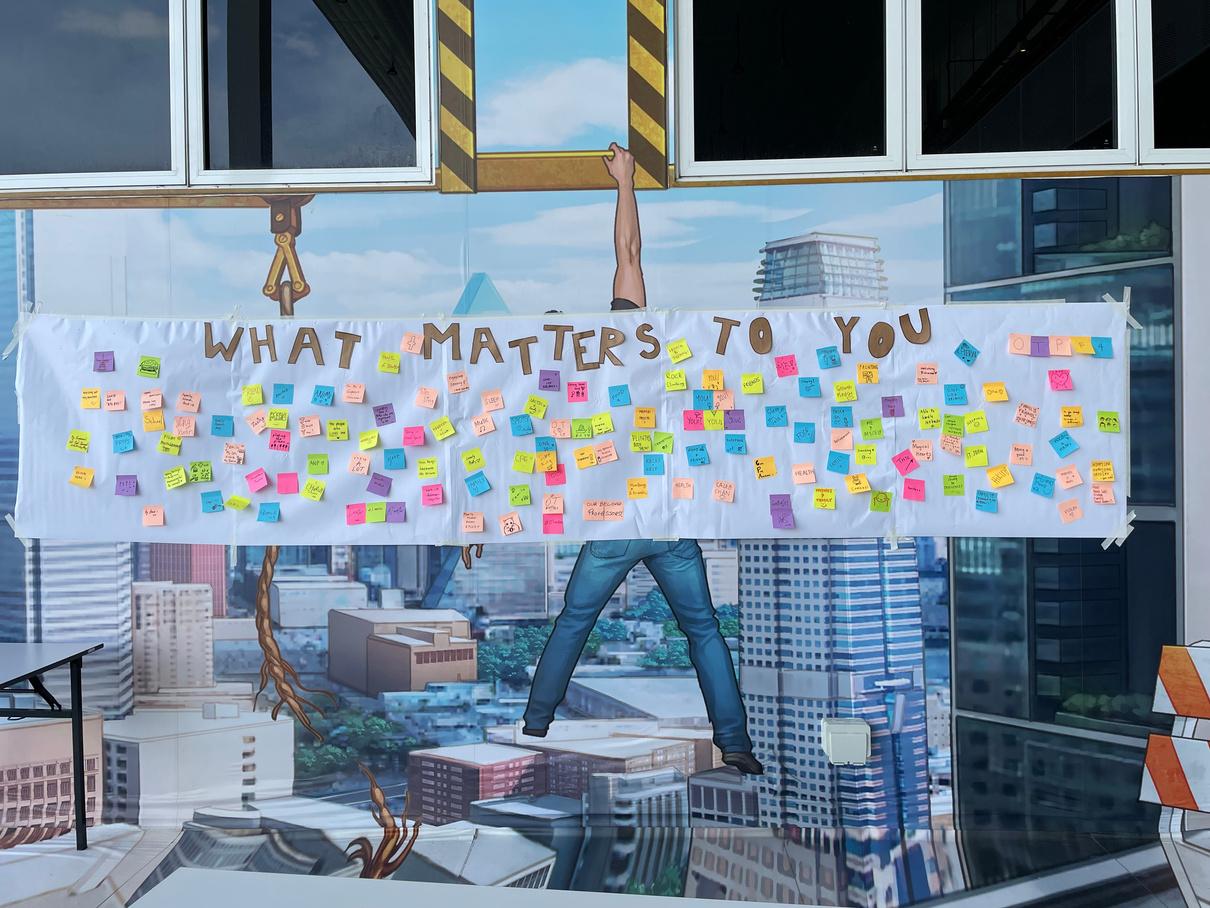











PHS allowed for the opportunity for OT students to work together with students of other professions, experience conducting assessments with the public and to interact with elderly from all walks of life. Here, we screened the community for fall risks & explored home modifications alongside our Physiotherapy counterparts and OT clinicians
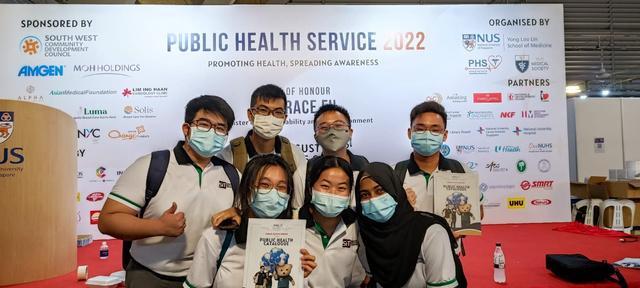



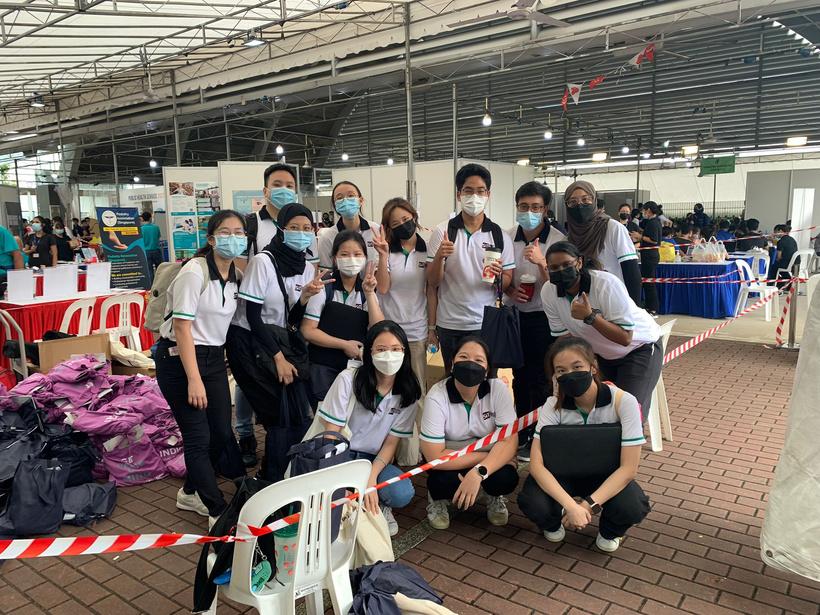
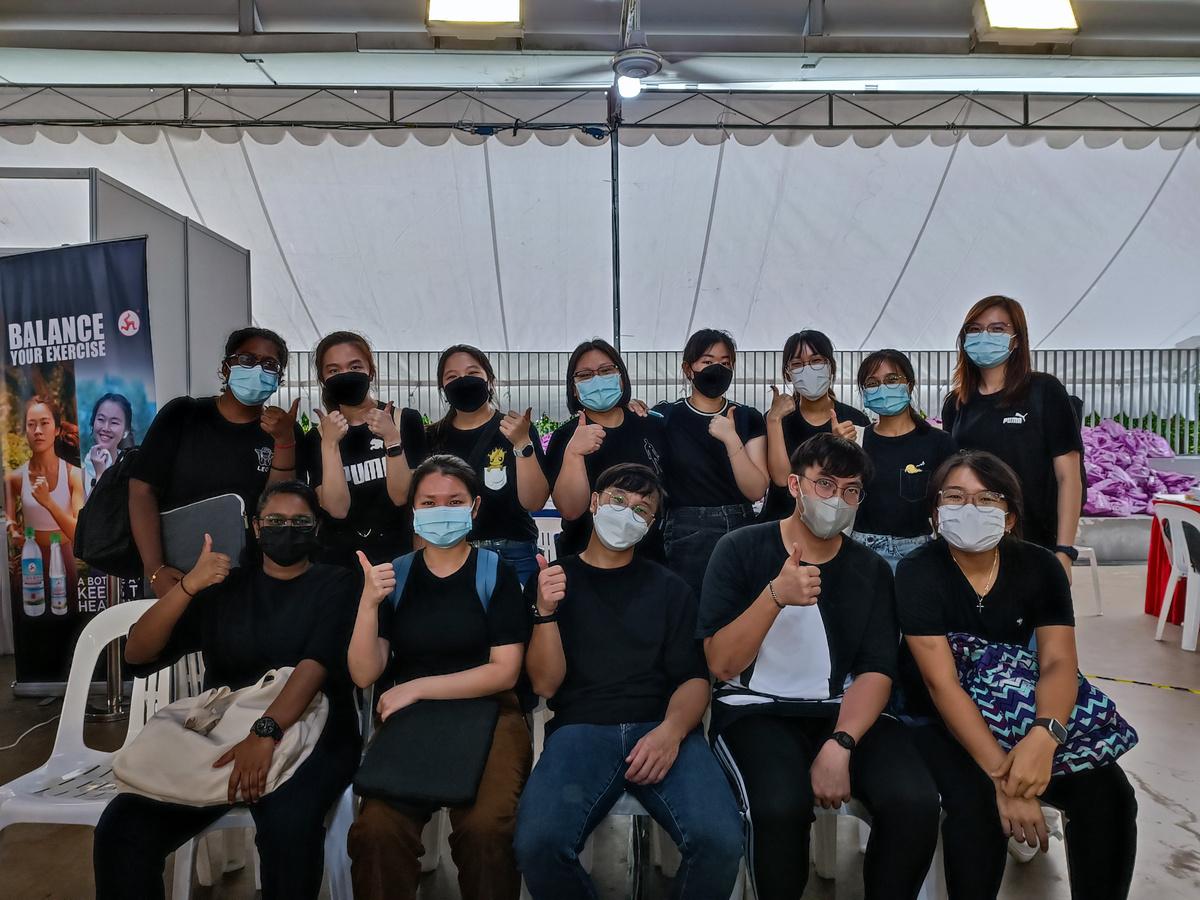

I enjoyed myself during the Gradline and was really having extra fun during the games. For me, the most memorable part of the event was being able to eat dinner and have fun during the games with my cohort mates






I really enjoyed the games during the event. The best and enjoyable part of the event for me was to be able to meet my cohort mates and play the games with them despite the covid rules. Thank you SAOTSC for planning and hosting the event! Keep it up!
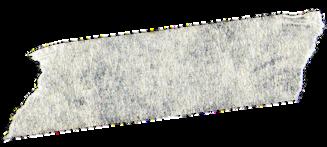
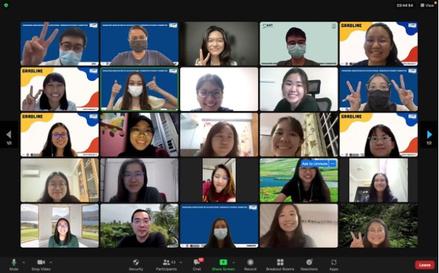





After a long hiatus due to Covid-19, we are proud to have held Soiree, a historically significant event that has been held annually since our NYP days. This year, we celebrated it with the theme ‘Y2K’ which made us reminisce about our childhood through various carnival games, childhood snacks and performances by our very own talented OT students. The event promoted inter and intra cohort bonding and fostered closer ties between student members and faculty. It was a night to remember!
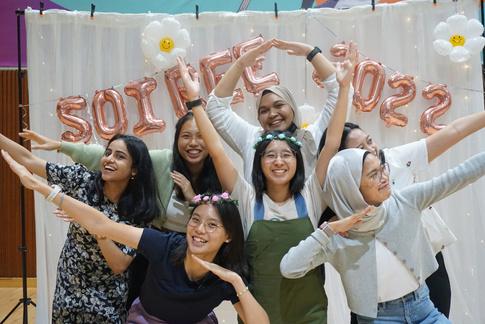
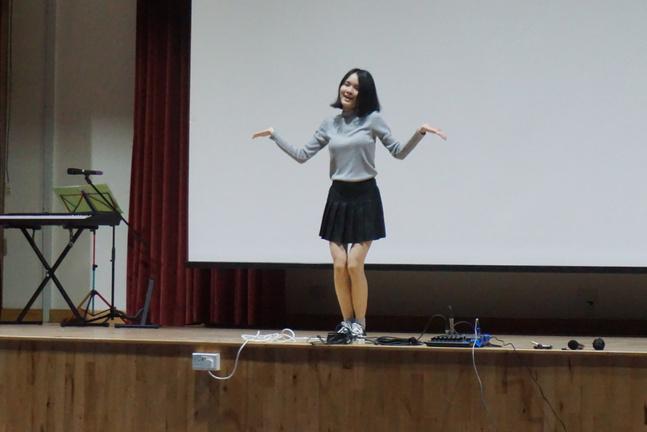
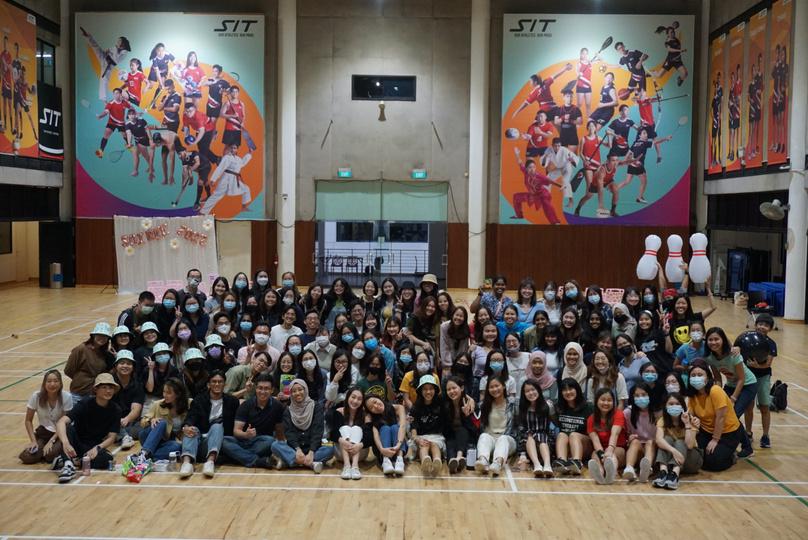

I really enjoyed the theme “Y2K” of the carnival and how the activities and dress code were retro-like. I also liked the fact that the songs and dance performances were really well planned, consisting of various genres!! The games in the carnival were so much fun and the mini prizes that could be won were really exciting! My personal highlight of the event is none other than the free ice cream by the ice cream uncle! It really attracted a whole crowd!
Ng Shijie, Y2 OT student






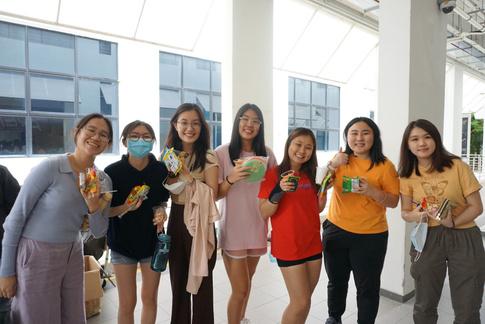
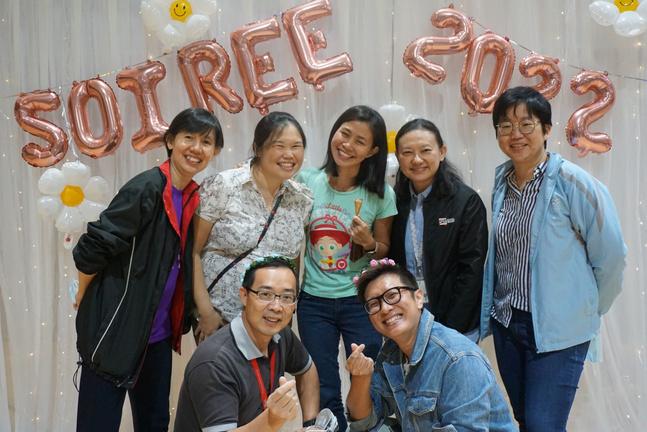
The carnival games hosted by the team were really enjoyable! I really loved the lucky draw at the end of the event as it brought about suspense and excitement. It was also memorable to watch our own coursemates’ showcasing their talents through various performances, from dancing to singing.The childhood snacks were of course one of the highlights of the event which brought back lots of joyful memories and they were extremely delicious too!
I look forward to such an event again, with more lucky draw prizes, games and even an opportunity to watch my own faculty members (professors) showcase their talents next year! It would definitely make the event more joyful!




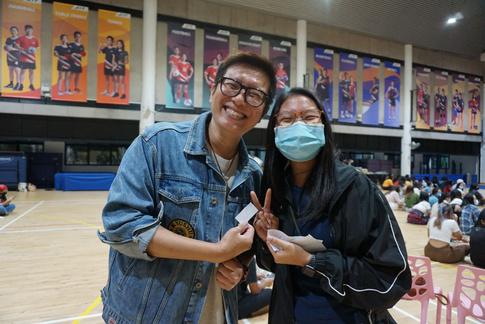
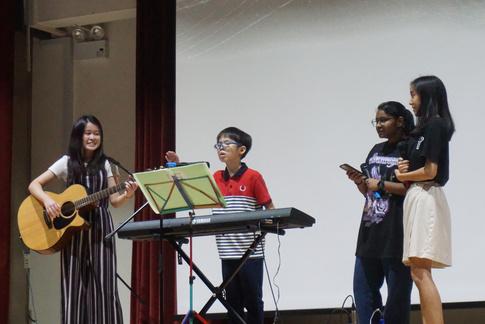
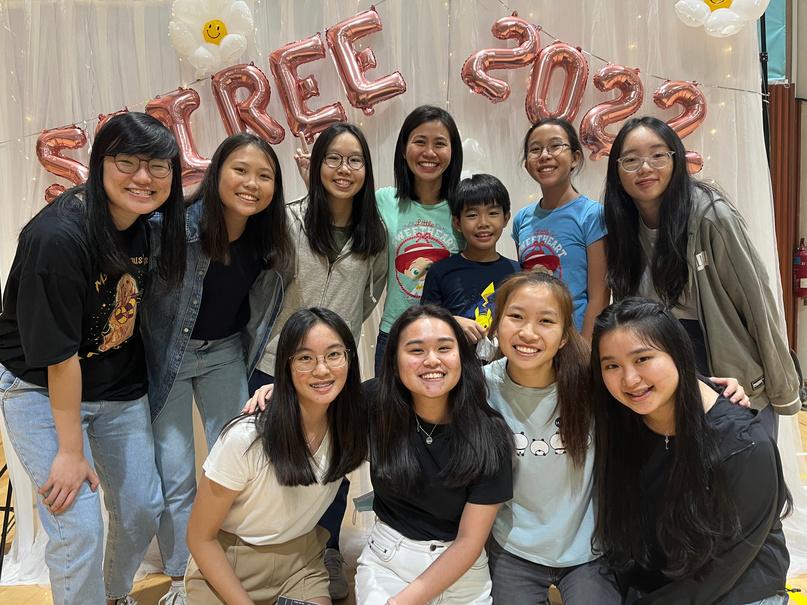

 Yogabarati D/O Rajandara Kumar M, Y3 OT student
Yogabarati D/O Rajandara Kumar M, Y3 OT student
* G A S P * A L U C K Y D R A W W I N N E R !


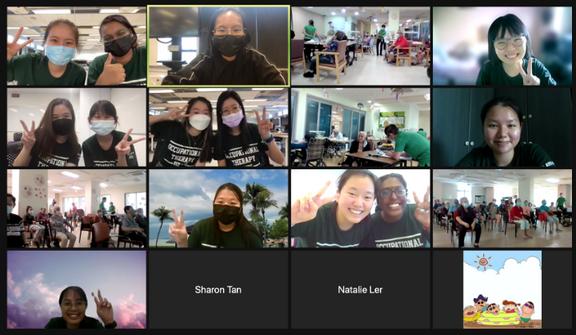

In collaboration with Ren Ci Ang Mo Kio and Bukit Batok Senior Care Centre, students got the opportunity to help out in a seated dance session with the older adults in the centres. The event gave students the chance to participate in and observe how a group therapy/activity looks like in a senior care centre.

During the event, I participated in seated dance with the seniors. I now have a better idea of how group sessions at a senior care centre (SCC) might be conducted and what considerations need to be taken. For example, speed, language and uniformity of the session are essential to ensure that seniors are able to catch up during the session. Additionally, starting off the session slow would be helpful for the seniors to catch up with the steps of the dance. All in all, I enjoyed the event especially the responses from the seniors, (eg: waving back, clapping and giving thumbs up when expressing their agreement.)
Chew Yu Ying, Y4 OT Student

We did some warmups with the elderly before doing the seated dance together. The instructions given by the facilitators were clear and easy to understand. My main takeaway from this event was being able to spend time virtually with the elderly as doing so was really enjoyable. Thank you for organising this event!
Emily Chan, Y2 OT Student





I found the session useful and enjoyable as instructions were given clearly and thus executed effectively. This enabled the event to go smoothly and allowed me to have an enjoyable session with the clients.
Personally, I learnt that patience is key when working with people with intellectual disabilities. When we are patient with the client and really observe them, we can understand whether they really enjoyed the session. Next, it is also important to adapt to the situation. Since every client is unique, it is important for us as therapists to take the time to understand how to interact with every client, and figure out individualised plans to prompt them to return to the task at hand.
Initially, it was quite difficult to guide my client to attend to the given task as she was highly distractable. However, after realising that the client enjoys music beats, we changed the flow of the activity from decorating the bottle to using it as a shaker. This allowed me to have a fun and meaningful interaction with the client and bring joy to her day.
Yap Ying Hui, Y2 OT student

27th May 2022






The instructions provided for the event were generally clear, making the event very enjoyable for both myself and the clients. One major takeaway from the event, for me, was learning about how body language would be a strategy for us to communicate the instructions to the clients wih Intellectual disabilities. Additionally, a very memorable thing that happened to me was how my client was able to understand and follow my instructions to work together with me, and stick the tape and complete the artwork.
 Neo Sin Ling, Y2 OT Student
Neo Sin Ling, Y2 OT Student






I am really thankful for the team leaders who taught us the steps for making the clay dish before the event as it helped me alot. Additionally, they were also very clear on the type of assistance we should be providing for the clients, which gave us a better view on how the event would go and what I should do during the event.
Personally, what I have learnt from the event was that the most essential thing at the end of day was for the clients and volunteers to be happy after the activity.
What touched me the most during the event was to realise how a change in my mindset would lead to a better rapport with my client. I was attached to this shy client who had to be constantly redirected towards the clay making process. Initially, I aim to complete the craft making with my client by the end of the event which I found some trouble in doing. However, I started to step back, as I figured that the objective of the activity was not for my client to complete a clay dish up to my standard but to ensure that she enjoyed her time with me. Therefore, as I changed my approach to be more encouraging and explore making the clay dish independently, we found more laughter and joy. And by the end of the session, she was more opened up towards me,
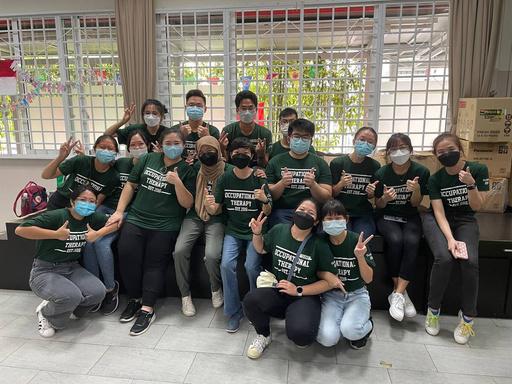 Wong Khiella Mae Felipe, Y3 OT student
Wong Khiella Mae Felipe, Y3 OT student


I felt that the session at MINDS was well prepared and had enough materials. One of my takeaways is that engagement with clients is very important. Overall, I enjoyed myself and had lots of fun painting the dish.
Terry Thai, Y4 OT student
During the workshop, I got to try out using raisins to experience a Mindfulness Exercise and learn more about eastern philosophy. This workshop also covered various perspectives on life where clients can find meaning beyond physical recovery which made the workshop extra engaging.













The CPE sharing was effective in helping me understand what to expect during our future CPEs. The Y4s shared several challenges they faced and tips on how to handle these setbacks. It was insightful and useful in preparing us to become better clinicians.



Our annual Language and Dialect classes held by PD were back with even more languages! Occupational Therapy student across all the cohorts attended the sessions to learn
This platform gave me a great opportunity to learn some basic conversational Chinese which I can utilize as a therapist in the future. During the lesson, the facilitators gave relevant examples of possible conversation we may be exposed to during our CPE.
Additionally, the pre-recorded materials that we are required to watch before the lesson were also easy to digest, making the lesson much more smooth. All in all, I benefited greatly from the whole programme and would highly recommend any student who is unable to speak or understand Chinese Language like me to attend the lessons!

 Bennett Jude Teo Yu Jin, Y2 OT Student
Bennett Jude Teo Yu Jin, Y2 OT Student

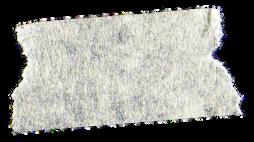

I am extremely grateful and ducted as I was able to learn some common conversational words that may be used in different settings. The prerecorded materials were very detailed and useful as an introduction to the language. Additionally, the facilitators were also very comprehensive in their explanations throughout the session. They were supportive to all of us and even explained synonyms of certain words taught which value-added to our learning.
 Nur Haziqah, Y2 OT Student
Nur Haziqah, Y2 OT Student
S E L A M A T P A G I



I would definitely recommend every to learn how to better communicate with future Tamil speaking patients we may encounter in our clinical practice. The knowledge taught during the class was extremely relevant in our field of practice!
I really enjoyed the structure of the lesson as well as the ample time given to us to try out the pronunciations. Overall, it was a heartwarming experience with the patient and encouraging speakers!
Hng Yan Ling, Y2 OT Student

During the lesson, I was given
Cantonese words, phrases and sentences that will be useful for conducting therapy sessions! There were also dialogues provided for us to practice. They were relatable to what we might do during clinical placements, so I found it very useful.


In addition, there were pre-lesson materials for us and personally thought that the pace of the second video was especially good - just right to catch the pronunciations of the words better.
 Joela, Y3 OT Student
Joela, Y3 OT Student





During the Hokkien class, we were given bite-sized pre-class materials to look through beforehand. The materials were short and concise which aided in my process of learning. The second part of the lesson is where we would attend a class with other facilitators through zoom. During the actual session, I was given the chance to piece together the words I have learnt to form sentences in a dialogue. The practices I have mentioned actually made learning more relatable. Thank you for hosting this!
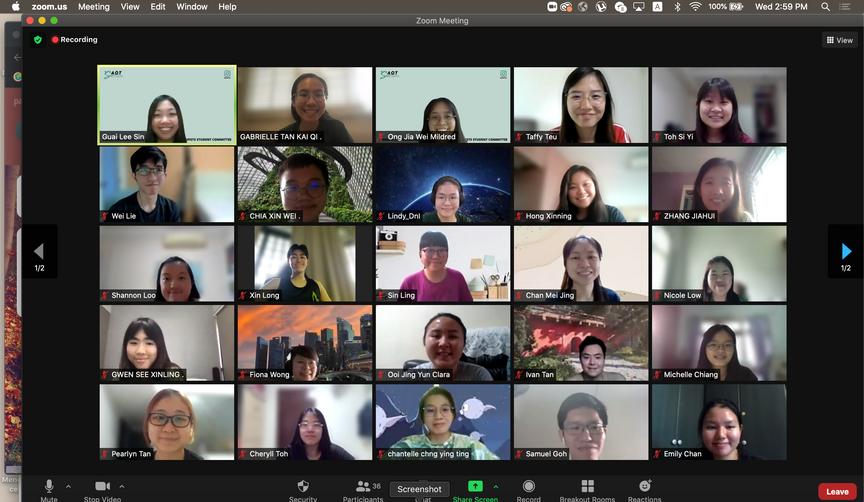 Shannon Loo, Y2 OT Student
Shannon Loo, Y2 OT Student
E R H H O U B O ?
During the workshop, I was able to learn more about the theory of therapeutic use of self and about countertransference. It was insightful as we were taught how to apply the concepts in our daily interactions with others and peers.The most memorable part of the workshop was learning to understand and to remind myself that other people I interact with also have their own dragons to work through, which may also impact my interactions with them.
Oh, Y3 OT Student






One of the main takeaways for me personally was being able to take notice of how countertransference can affect my judgment when I handle my clients in the clinicals. Additionally, I learnt how context, intent and outcome can determine the difference between countertransference and therapeutic use of self.
I really enjoyed the engaging activities which were conducted, such as choosing the picture and the story about the dragon and its family. These enabled me to better understand how essential is is to be mindful when interacting with clients, especially as a therapist.
Azmi, Y3 OT StudentWe attended a sharing session by Ms Fiona and we all had a tour around a few of the OT departments available in SGH. The sharing session had components such as what the various types of eating disorders are, the implications on patient's occupations, the different OT departments and the roles of the OTs in those departments. It was so insightful!!
Something memorable to me was the fact that men also suffer from eating disorders! I have always taken for granted that eating disorders only affect women. I guess it's due to how the media and news commonly portray ED to only affect women and seldom talk about men being affected too. So now I will remember that men can get ED too! And that they present different symptoms from women
I feel that my greatest takeaway from today is the reminder to be nice to everyone because we really don't know what they are experiencing. They might be going through a tough time due a mental health condition that isn't as visible as a physical one!!






S I N G A P O R E G E N E R A L H O S P I T A L 1 5 T H A U G U S T 2 0 2 2
We got to observe the environment of the nursing home, ask the OTs working at peacehaven questions regarding their practice and the challenges they have faced. We also got to learn why the nursing home was designed in a particular way (for example, why the lights in the room will change over time to help patients with dementia to know the time of day) I got to understand the different considerations as a future OT to better cater to my patients needs (for example environmental modifications and assistive equipment I can use to help the patients).
We got to see how peacehaven uses a reward system through points to help motivate the patients to engage in therapy sessions and help out nurses and staff working at the nursing home. These points can then be redeemed for prizes such as food which are relevant to the patients, helping them reminisce. This reminded me to always keep in mind of the person factors of my future clients and it also gave me a rough idea on how I can make use of positive reinforcement to encourage my patients in the future, which is something I have learnt from one of my modules in trimester 2.
catch up with the times and incorporate a lot of technologies to enrich the environment for the elderly. Also, the idea of having a “point” system for them really seemed to allow the elderly to have independence in their life.
One key takeaway was that our role as therapists, ultimately, is to provide a better quality of life for the elderly. A simple yet strong message to bring across the essence of being a therapist.
Jerome Tan, Y2 OT student








I visited SPD and got to learn a lot about the different types of services they provide for different populations. We also had a tour around the facilities at the HQ. One takeaway from the learning journey was learning about the wide range of services provided by SPD. The clients there were really friendly! They were constantly waving and smiling at us even though we have never met them before.
Overall, I got to find out a lot about SPD. It was an insightful experience.

We explored the centre and went to different levels of the building to view the sites where clients do their activities or work. We also managed to ask the senior OTs questions about their working experiences and if they had any academic advice.
After seeing clients in action and being participative in the enabling services provided by the centre, I feel that there is definitely more that the community can do to empower these people. It was really nice to meet friendly and humorous people with disabilities (PWDs). To be able to interact with them in a safe place is really meaningful and enjoyable. It was overall a good experience.















We had a sharing and tour around the building during the learning journey.
It was nice that we had the opportunity to tour around the nursing home building and wards. It was quite different from what I thought, the condition and living environment are much better than I expected, as this is the first time I visited a nursing home.
The OTs’ sharings were insightful and provided a new perspective to the OT’s role in the community.
clients over a longer period of time and develop a stronger relationship with them.

Overall, my queries were answered as the OTs were very willing and open to share about their experiences.
 Chantelle Chng, Y2 OT student
Yap Ying Hui , Y2 OT student
Chantelle Chng, Y2 OT student
Yap Ying Hui , Y2 OT student









Movie night, an initiative from our very own R&D team, provided the opportunity for students to bond through shared experiences, and form inter and intra-cohort connections. It was night of movies, food, karaoke session and lots of fun!

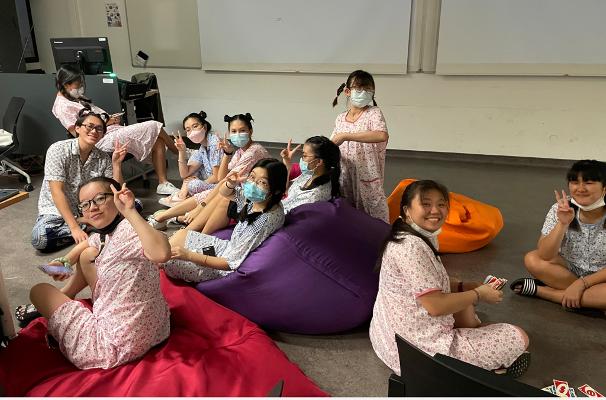




I enjoyed the food which was provided and got a chance to bond with friends amidst the busy schedule. The impromptu karaoke was also a good addition to the event which made the experience wonderful.
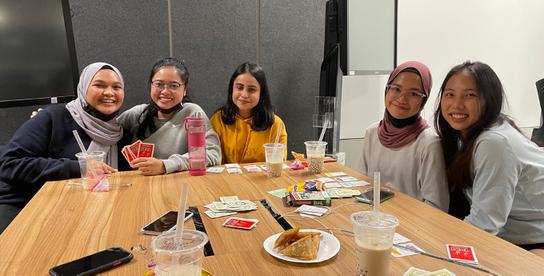 Pearlyn Y2 OT student
Pearlyn Y2 OT student
I enjoyed myself as I felt that the event was very well planned and I was able to have fun while bonding with my friends over movies, games and drinks.
Clara Y2 OT student


T H E R E W E R E L O T S O F
A M E S T O O !



Y E S Y O U ! F O R J O U R N E Y I N G W I T H U S T H I S P A S T Y E A R .
